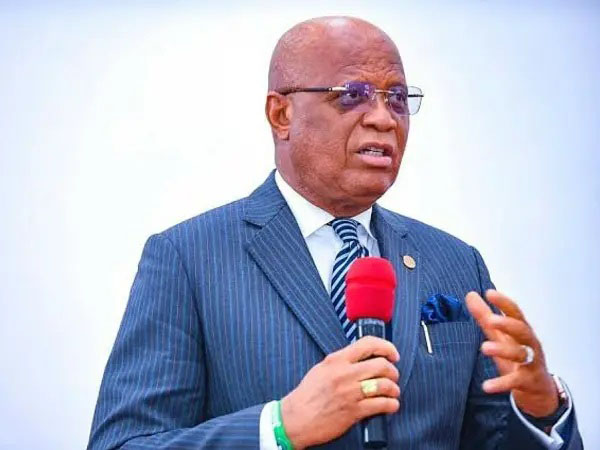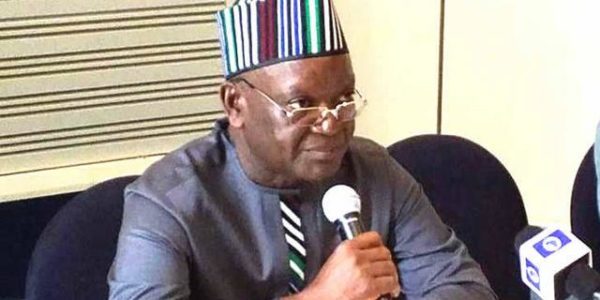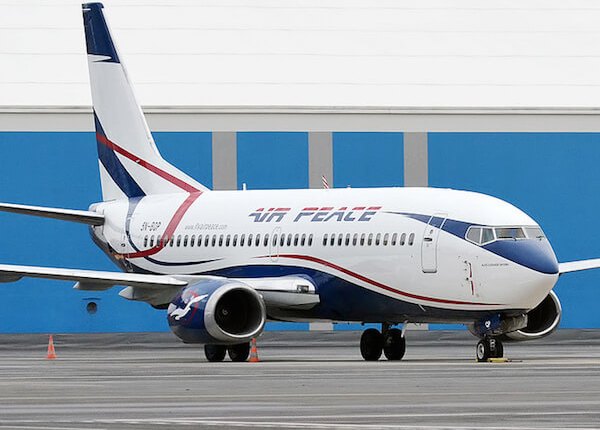Over 2 million jobs have been retained or created through the implementation of the Economic Sustainability Plan (ESP) programmes, reports indicate.
The reports were presented at the first meeting of the Vice President Yemi Osinbajo-led Economic Sustainability Committee (ESC) in 2022 at the Presidential Villa, Abuja.
Osinbajo’s spokesman, Laolu Akande, in a statement on Monday in Abuja, said that ministers and heads of agencies reported further progress in the implementation of the ESP at the virtual meeting presided over by the vice president.
In response to the fallout of the COVID-19 pandemic, President Muhammadu Buhari had in June 2020, mandated the vice president as chair of the ESC, to coordinate the implementation of the ESP aimed at cushioning the economic effects of the global pandemic.
“Highlights of the presentations by MDAs today include the report that about 2.1 million jobs have been retained or created through the implementation of the ESP programmes.
“And the approval of N10 billion by the Nigeria Sovereign Investment Authority (NSIA) to fund the deployment and local assembly of 200,000 (off-grid) Solar Homes Systems under the ‘Solar Power Naija’ partnership between both the NSIA and Rural Electrification Agency (REA).’’
In a presentation on the Survival Fund made by Amb. Mariam Katagum, the Minister of State for Industry, Trade and Investment, said all states of the federation had received varying levels of the N75 billion survival Fund with its different schemes.
She added that each state would soon receive a minimum of N1.7 billion cumulative from all the schemes.
“Lagos, Abia and Kano States have already crossed the bar, with Lagos reaching over N2.5 billion and Kano over N2 billion; no state so far has received anything less than N1 billion,’’ she said.
In his presentation, Clem Agba, Minister of State, Budget and National Planning, disclosed that while about 1.3 million jobs were retained through the MSME and Payroll support, 774,000 jobs were created from the Public Works Programme and 26,021 jobs from roads construction /rehabilitation.
Moreso, the Committee was briefed that more than 1.1 million Nigerians had benefitted from the different schemes under the ESP MSMEs Survival Fund, thereby saving millions of jobs.
A breakdown showed there are 459,334 beneficiaries under the Payroll Support Scheme and 307,687 beneficiaries from the Artisan and Transport Scheme.
Similarly, 82,491 Nigerians are so far beneficiaries of the General MSME Grants Scheme, and another 17,468 of the Guaranteed Offtake Scheme.
Also, 250,000 business names were registered free under the Survival Fund’s CAC Formalisation Support Scheme.
Under the Solar Power Naija programme, Ahmad Salihijo, Managing Director/CEO of Rural Electrification Agency (REA), briefed the committee that another 60,000 solar home systems are expected to be delivered in the first quarter of 2022 under the NDPHC-A-solar partnership.
Over 10,000 units of the systems are to be assembled locally; this is besides the 200,000 solar connections to be funded by NSIA.
The ESP Solar Naija programme is designed to provide electricity access to 5 million households, and will serve about 25 million Nigerians in rural areas and under-served urban communities nationwide.
Sadiya Farouq, Minister of Humanitarian Affairs, Disaster Management and Social Development, said that the Rapid Response Register (RRR) component under the ESP had since commenced, with 374,759 beneficiaries paid so far.
She said that another 391,185 Nigerians had been earmarked for payment soon.
The RRR is designed as an intervention to cushion the economic shocks of the COVID-19 pandemic on urban poor Nigerians currently not benefitting from the federal government’s cash transfer programme.
On the progress of the Export Expansion Facility Programme (EEFP) component of the ESP, the report showed that 281 companies had benefitted from the COVID-grant relief, while 1,105 companies were beneficiaries under the Export Development Fund (EDF), among other milestones.
While the EEFP aims to protect export businesses from the effects of the COVID-19 pandemic, and also safeguard jobs, the EDF is a statutory provision of the Nigeria Export Promotion Council and is being activated for the first time in the history of the council under the ESP.
Also, as part of the ESP, 100 MSMEs exporters have been listed on Amazon, the world’s largest e-commerce platform.
The NEPC under the ESP also trained 4,500 farmers and exporters on food safety and international standards, while 700 of them have received international certification, which only less than 50 had in Nigeria previously.
Besides, eight new Domestic Export Warehouses are currently being built, including Lagos, Port Harcourt, Kaduna and Abuja, to ease supply chain constraints for exporters in the country.


















